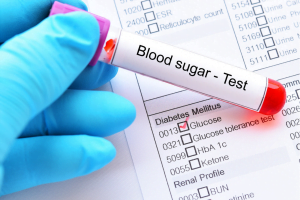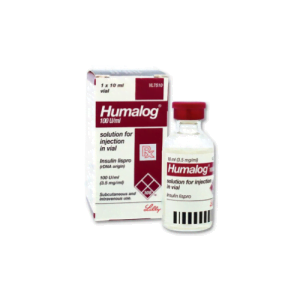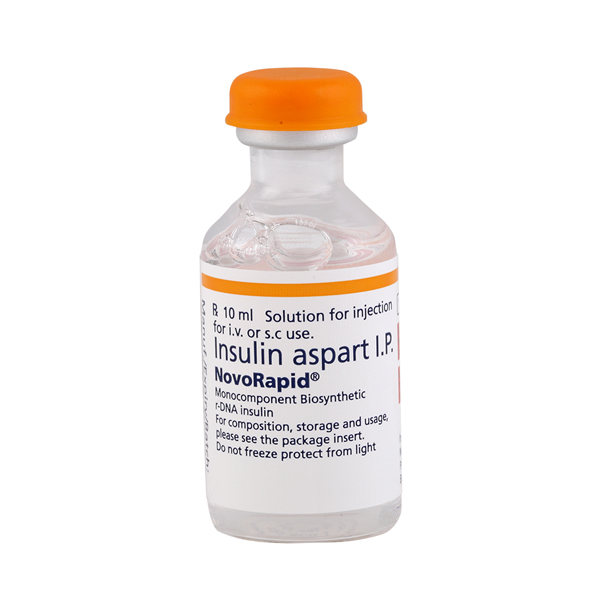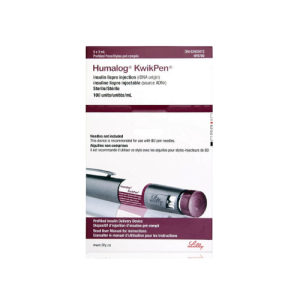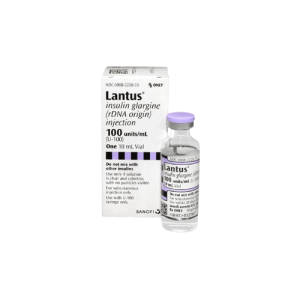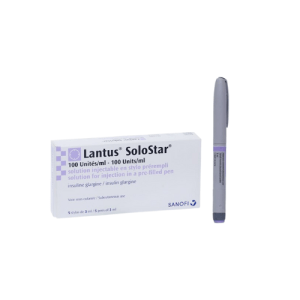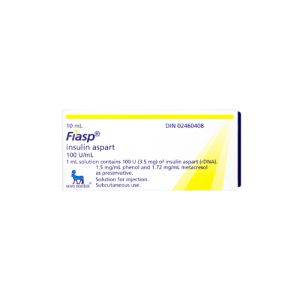Diabetes mellitus Type and Type 2 are conditions that affect you in a variety of ways and can impact your overall health condition. One aspect of this condition is your triglyceride levels. Here’s a little bit of background on what triglycerides are and how they impact those living with diabetes.
What are Triglycerides?
Triglycerides are a type of fat, or lipid, that circulates in the blood. When you consume food, the digestive process in your body converts any unneeded energy from calories eaten immediately into triglycerides. Triglycerides molecules are stored as fat cells, and the activities of certain hormones initiate a process that releases triglycerides for your body to burn for energy in between meals.
If you regularly eat more calories than those you burn off during physical activity – particularly those calories derived from high carbohydrate foods – you may have high levels of triglycerides in your blood, which is a condition called hypertriglyceridemia. A simple blood test from your doctor can reveal whether your triglycerides are in a healthy range. This test is usually conducted alongside a cholesterol test, which is another important piece of information about your overall health picture.
What is the Relationship Between Triglycerides and Blood Glucose?
It’s known that having high levels of triglycerides in your blood does not determine whether you are prediabetic or diabetic. However, elevated levels of triglycerides are an indication that your body is not processing glucose properly, and thus you may be in a diabetic condition or are at risk of developing either Type 1 or Type 2 diabetes.
High triglycerides are a marker for diabetes or a prediabetic condition and, by following steps to reduce your triglyceride levels, you stand to improve your health.
What is the Relationship Between Triglycerides and Diabetes?
Elevated levels of triglycerides are an indicator of unstable blood sugar levels and insulin resistance, both risk factors for diabetes and is something those living with the disease must contend with. If you eat a lot of carbohydrates, especially those processed white flour, this can lead to a spike in blood glucose levels. That’s why maintaining a healthy diet is crucial for modulating triglyceride levels.
What Causes High Triglycerides in Diabetes?
The relationship between diabetes and triglyceride levels is an active area of scientific research. It is known that high triglyceride levels in the blood correlate with abnormal A1c levels, which is a marker for a prediabetic condition or for Type 1 and Type 2 diabetes. If you are concerned about your blood chemistry, you should work closely with a physician to minimize your risks of developing diabetes.
Disclaimer: Please note that the contents of this community article are strictly for informational purposes and should not be considered as medical advice. This article, and other community articles, are not written or reviewed for medical validity by Canadian Insulin or its staff. All views and opinions expressed by the contributing authors are not endorsed by Canadian Insulin. Always consult a medical professional for medical advice, diagnosis, and treatment.





